
Self - Journaliste
Why did Simenon, a novelist who contributed so much to the seventh art, like to say that he hated the cinema? Because he could never become a director? Because, claustrophobic, he was unable to lock himself in a projection room? Clearly, there is an affair between the writer and the cinema and Georges Simenon is the main protagonist. An investigation that is more than ever topical as Patrice Leconte has announced his plan to adapt an investigation by the famous Inspector Maigret.
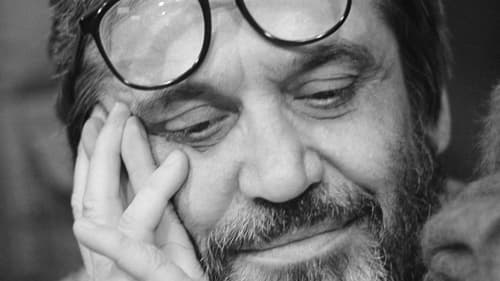
Self
In just ten films, Maurice Pialat painfully rose to the top of the cinema, draining into his legend a mad demand for truth as much as memorable fury to achieve it. With "L'Enfance nue", his first feature film at the age of 43, the filmmaker immediately made his mark, this "art of making things authentic", according to Chabrol. But throughout an unclassifiable filmography in the form of an autobiography, from a break-up to his fatherhood in wonder, through the agony of his mother, the filmmaker does not get rid of the feeling of being misunderstood, despite international recognition.

Self
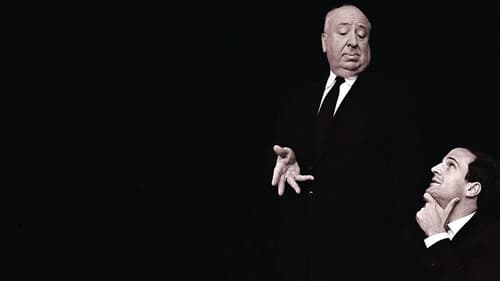
Writer
En 1962, los cineastas Alfred Hitchcock y François Truffaut se encerraron para tener una larga conversación de cincuenta horas y quinientas preguntas sobre el cine del maestro del suspense. Hitchcock se encontraba en la cima de su creatividad, y Truffaut ya había hecho Los 400 golpes y Tirad sobre el pianista. El resultado fue el libro El cine según Hitchcock, un texto imprescindible para los amantes y estudiosos del séptimo arte.

Self - Host

Self
The image of a mysterious, solitary filmmaker - a cineaste maudit - who flees from both the media and the public, is unrelentingly bound to the figure of Leos Carax, in France. Elsewhere, the real focus is on his films and he is considered to be an icon of world cinema. Mr.X dives into the poetic and visionary world of an artist who was already a cult figure from his very first film. Punctuated by interviews and unseen footage, this documentary is most of all a fine-tuned exploration of the poetic and visionary world of Leos Carax, alias "Mr.X".

A documentary on 'La Belle et le Bête' featuring interviews with author Dominique Marny, professor David Gullentops from University of Bruxelles, Serge Toubiana (Cinematheque française), and Ellen Schafer (SNC/M6 Group), amongst others.
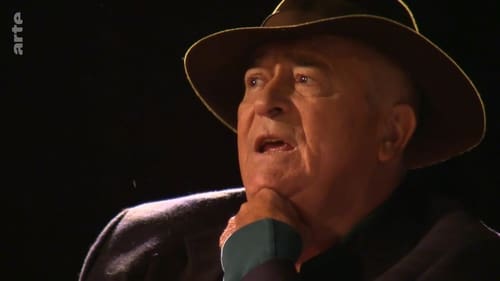
Self - Host

Self

Thanks
In 1914, the Czech architect Jan Letzel designed in the Japanese city of Hiroshima Center for the World Expo, which has turned into ruins after the atomic bombing in August 1945. “Atomic Dome” – all that remains of the destroyed palace of the exhibition – has become part of the Hiroshima memorial. In 2007, French sculptor, painter and film director Jean-Gabriel Périot assembled this cinematic collage from hundreds of multi-format, color and black and white photographs of different years’ of “Genbaku Dome”.

Director
A 2003 documentary by Serge Toubiana and Sonia Buchman that catches up with the cast and location of Maurice Pialat's 'Passe ton bac d'abord'.

Director
A short documentary about the making of "The Great Dictator."

Producer
Award-winning filmmakers Jean-Pierre and Luc Dardenne profess their love for the classic "Modern Times." The directors expose their views on the many aspects of the film, Chaplin's brilliancy and they also provide interesting details about the making of Chaplin's masterpiece.

Editor
African filmmaker Idrissa Ouedraogo (YAABA) discusses the influence that Charlie Chaplin has been on his work, along with archival footage of interviews with several of Chaplin's co-stars.

Producer
African filmmaker Idrissa Ouedraogo (YAABA) discusses the influence that Charlie Chaplin has been on his work, along with archival footage of interviews with several of Chaplin's co-stars.

Producer
A short documentary about the making of Chaplin's "Limelight."

Editor
In 1928, as the talkies threw the film industry and film language into turmoil, Chaplin decided that his Tramp character would not be heard. City Lights would not be a talking picture, but it would have a soundtrack. Chaplin personally composed a musical score and sound effects for the picture. With Peter Lord, the famous co-creator of Chicken Run and Wallace & Gromit, we see how Chaplin became the king of slapstick comedy and the superstar of the movies.

Director
Serge Toubiana spent a year in the company of Isabelle Huppert. Where she went, he followed. Huppert is an around-the-clock actress so she doesn't need the cinema to exist – she embodies the cinema. When she's not performing, she doesn't exist. From film to film, on stage as on screen, Huppert invites us to survey those inner landscapes of hers that we don't yet know.
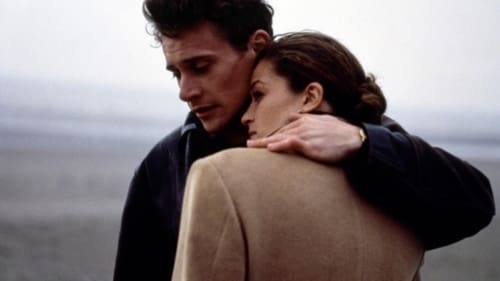
Louis
La relación entre una mujer y su pareja, diez años menor que ella, funciona hasta que, con el paso del tiempo, desaparece el romanticismo y sólo queda lugar para las discusiones, que desembocarán en un desenlace trágico.

Director
Documentary overview of the life of French filmmaker François Truffaut.

N°157
Reel 16 of Gérard Courant's on-going Cinematon series.
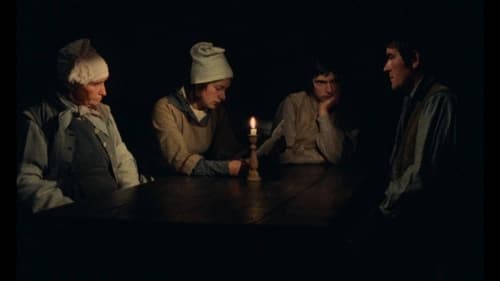
Screenplay
Based on documents compiled by leading French philosopher Michel Foucault, this unique and original film charts the gruesome events which took place in a Normandy village in 1835, when a young man, Pierre Rivière, murdered his mother, sister and brother before fleeing to the countryside. With a cast made up of real-life villagers from the area where the events took place, the detailed re-enactments and careful attention to the gestures of their ancestors serve to create an intense and sometimes disturbing atmosphere of hyper-realism. Details of the crime and of the trial that followed are told from varied perspectives, including the written confession of Pierre himself, and form a rich and complex narrative that interrogates the concepts of “truth” and “history”.













